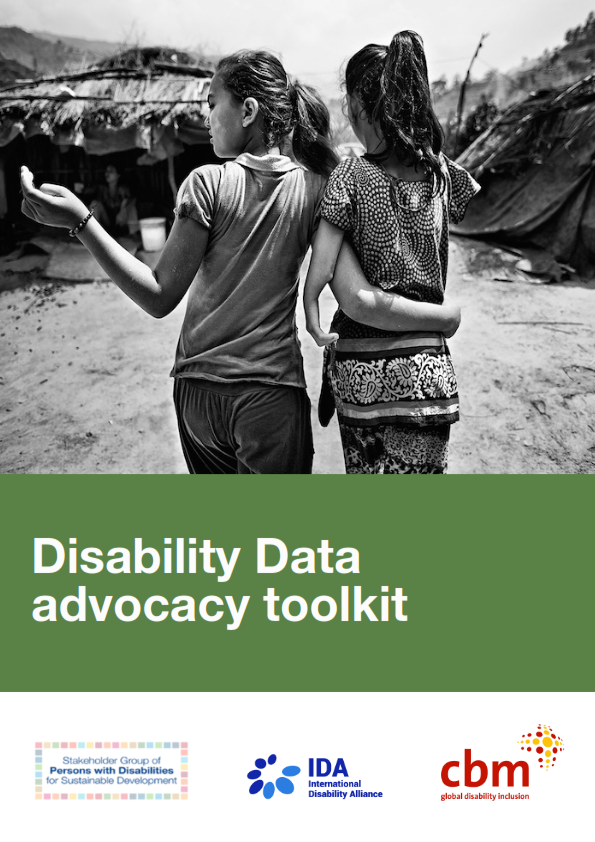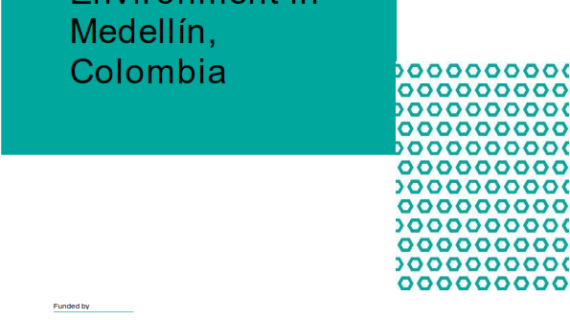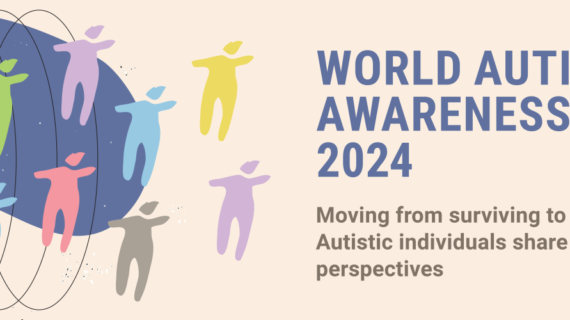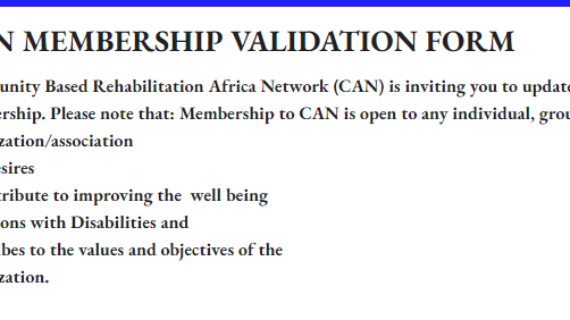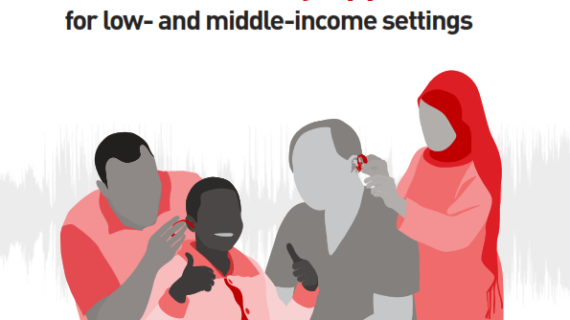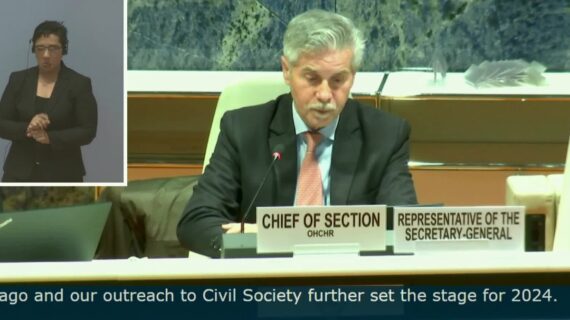Disability Data advocacy toolkit
The aim of this toolkit is to contribute to the growing global dialogue on the importance of data on persons with disabilities, specifically to provide some basic knowledge on data collection, analysis, and use of data for
evidenced based advocacy.
Data is critical for the realisation of the UNCRPD at the country level since the lack of data on persons with disabilities increases marginalisation and fails to address the situation and discrimination encountered by persons with disabilities. As a result, planning and budgeting for reasonable accommodations with effective policymaking have suffered and
persons with disabilities have largely fallen off the statistical “map.” States are obligated to carry out their
responsibility to collect and disaggregate data in line with the UN Convention on the Rights of Persons with Disabilities (UNCRPD)
1 Evidence based data on persons with disabilities at the national and global levels are instrumental
in identifying the gaps and challenges of persons with disabilities that can support policymakers to address gaps and amend existing policies and regulations. under Articles 4 and 31. This is further strengthened by the political commitments by 193 countries that committed to collect data on persons with disabilities and to disaggregate data by disability by adopting the 2030 Agenda for Sustainable Development and the global indicator framework
that provides a guide on what data is needed to measure the implementation of the Sustainable Development Goals (SDGs). Yet, overall official disability data is not reaching the global level to measure the SDGs and this must be addressed.
In the past few years, there have been significant advocacy efforts carried out on data and
persons with disabilities. Such efforts include the following achievements:
• In 2017, International Disability Alliance, the International Disability and Development Consortium, and the Stakeholder Group of Persons with Disabilities, in consultation with UN agencies, identified 32 critically important
indicators that should be disaggregated by disability in order to gain data on the situation of persons with disabilities worldwide.
• In 2018, in response to a request from the UN Statistics Division, the Stakeholder Group of Persons with Disabilities identified key policy priority areas for persons with disabilities: poverty eradication, education, employment, health, and accessibility.

